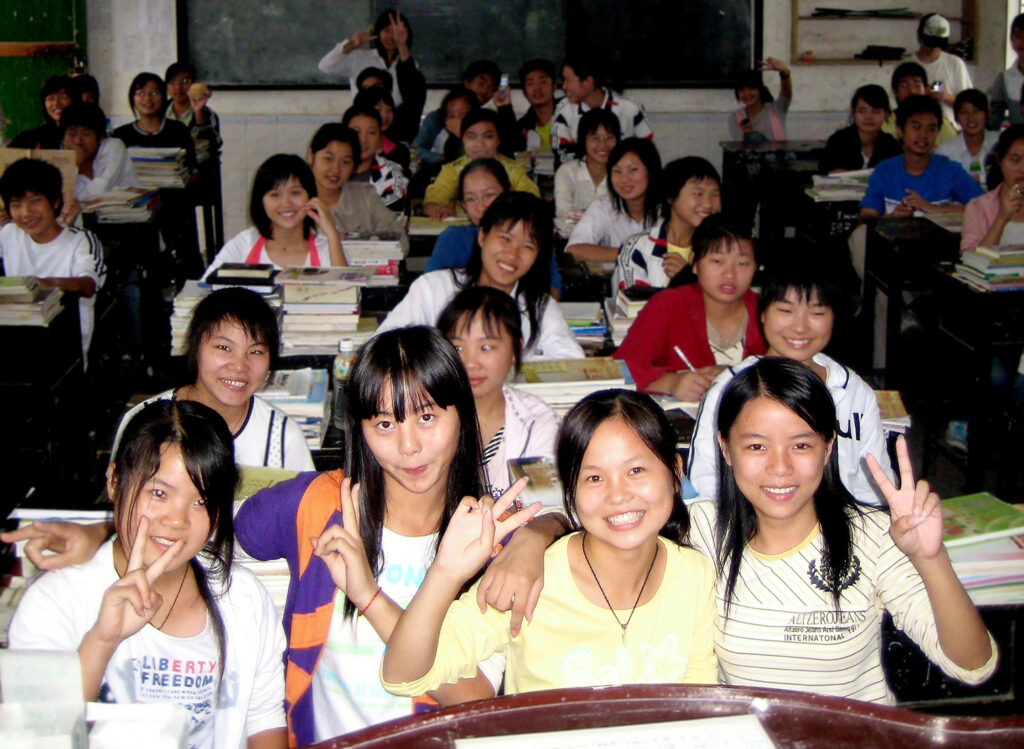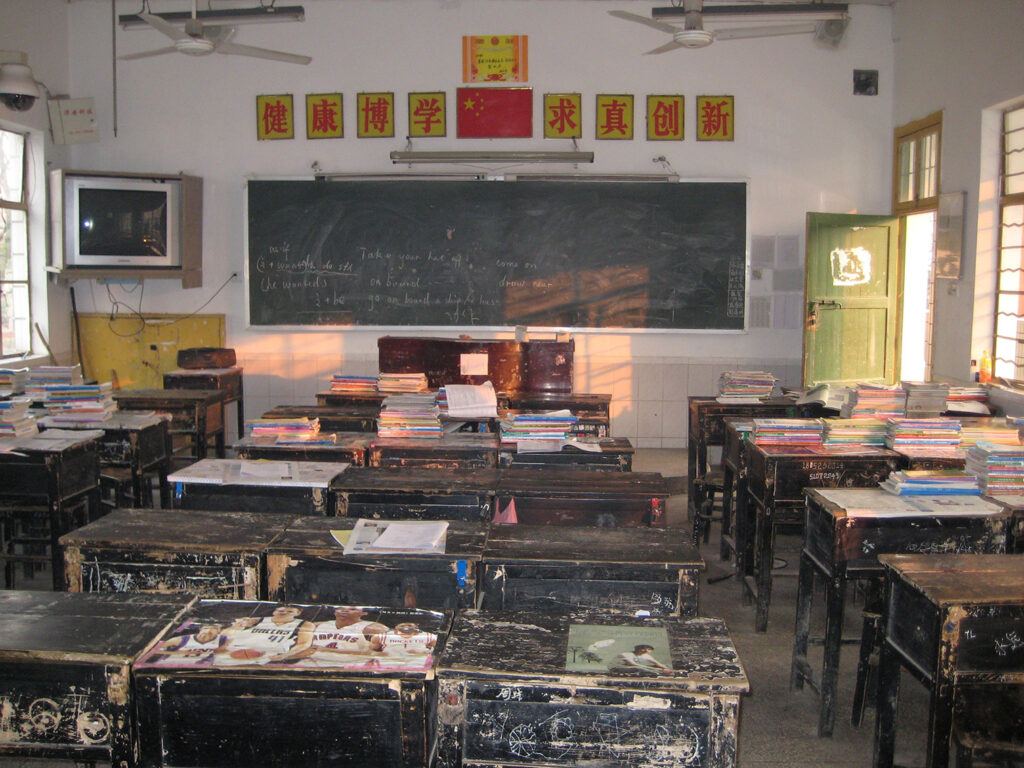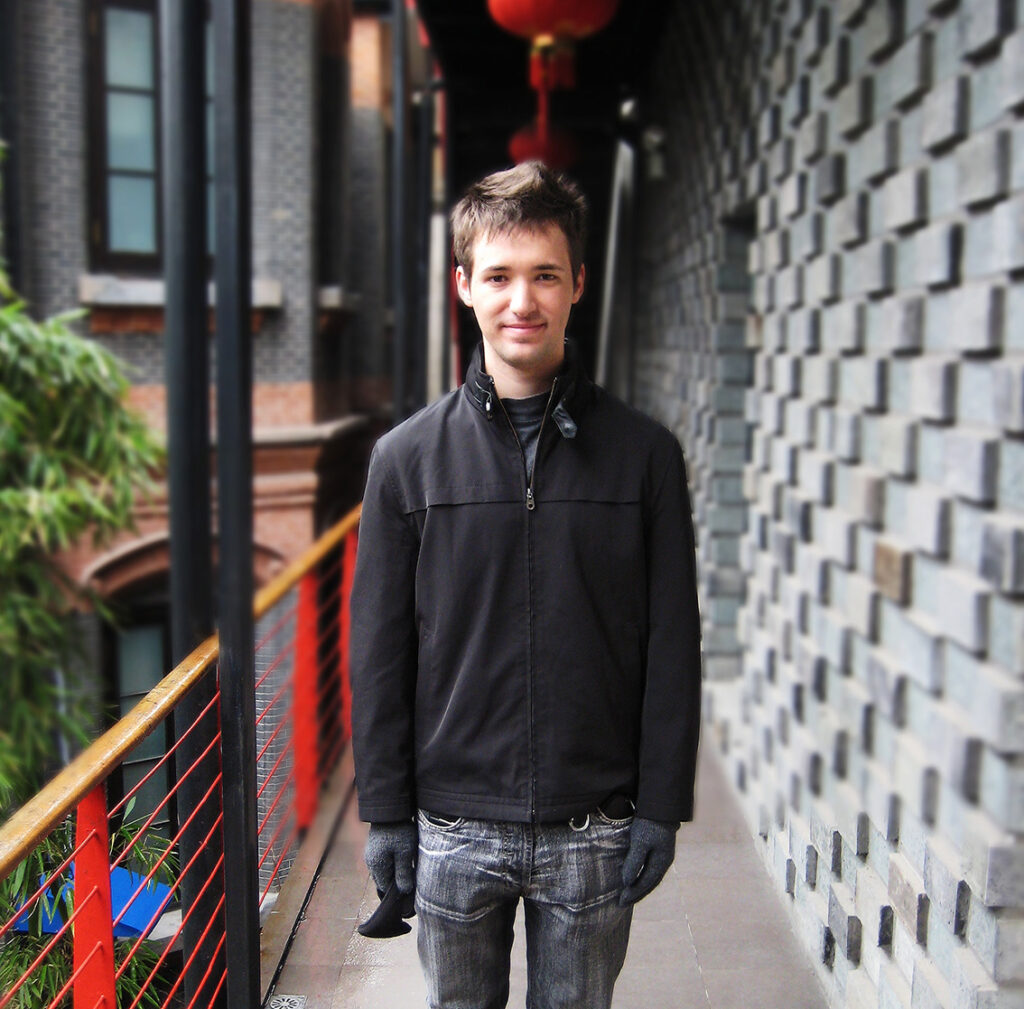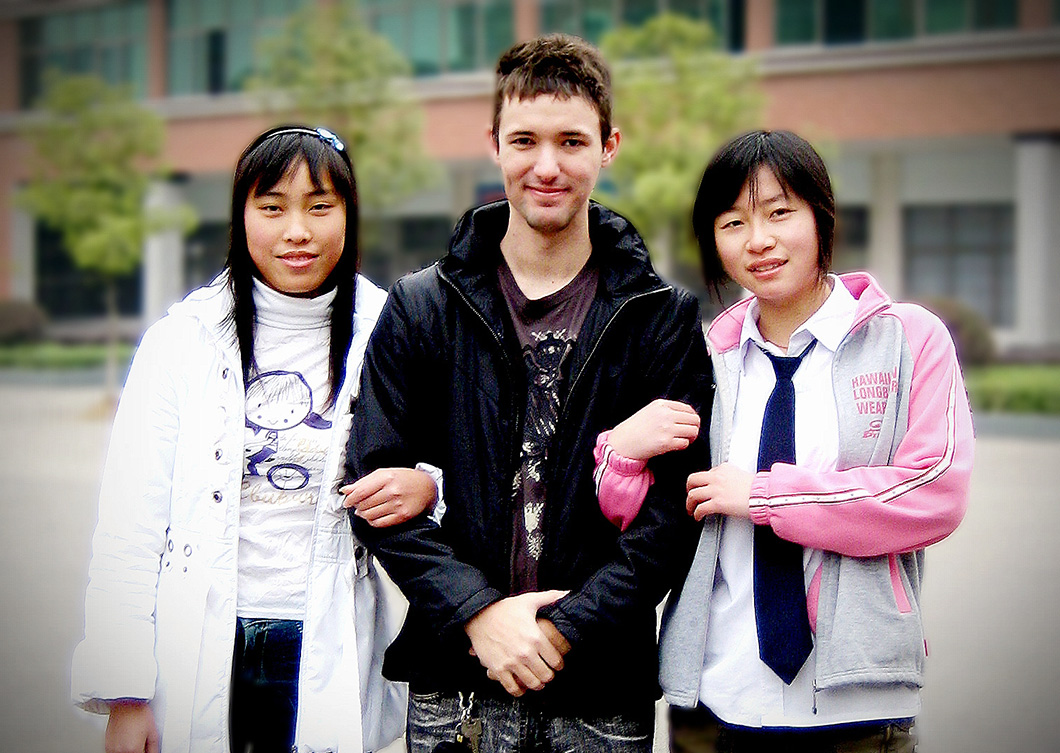Stop Asian Hate
I have lived most my adult life in Asian neighborhoods.
I moved to Mainland China shortly after college for a variety of reasons— a big one was that my privileged childhood brought me to many countries, but comparatively to so little of Asia. I landed in a “small” city in the Hunan province, three hours by train outside of Guilin, and my first six months had its challenges. I taught English to hundreds of noisy high schoolers, and my apartment was at most 30 steps away from my students’ classrooms.
The city I lived in, Yongzhou, almost never saw foreigners — eager students often came by unannounced with photographers to take pictures with us. I learned to wear a hoodie when going to the grocery store. And without speaking Mandarin, I grew to rely on a community around me to keep me safe and to get me where I needed to go. Often that meant getting on the backs of motorcycles without ever knowing if I was understood.


The next six months in Shanghai, I lived a much more cosmopolitan life and thought about ways to re-enter journalism. I’d been filing my first freelance stories for a newspaper I encountered while in Hunan, the Guangzhou Morning Post, and then I flaked on the deadline to take the GRE for American journalism programs. I began looking for more permanent writing jobs in China, which is how I discovered a career portal on the University of Hong Kong website. So I applied, took an entrance exam and interviewed. The founder of the journalism center and dean at the time, Ying Chan, came to Shanghai to talk to the program’s finalists. It felt more like a sales pitch—a good one, mind you—but I was still unsure what I would do. My mom called not long after I got in to say she and dad supported me and encouraged that I go, so I did.

I consider Hong Kong an extremely diverse city, and I could have picked a place surrounded by Europeans and Americans to live. But even then, some classmates and I found a neighborhood that was relatively less expensive and near school. Sai Ying Pun was very Chinese populated and also on a steep hill— I’d often get to and from public transit by taking escalators up and down local fish markets. I liked the neighborhood so much that I remained after graduating, finding a one-bedroom apartment near the top of the hill and commuting downtown for work.
I love Hong Kong, and for a long time, I called it a second home until I realized I couldn’t afford to go back. I miss it, and likewise, I miss train trips to Guangzhou, Shenzhen, Chengdu, Harbin and Beijing. That life offered such extreme variation in experience and culture, something I often took for granted and struggled to adjust to. Ultimately, though, a piece of me missed home too much, and I returned after three years abroad.
A family friend offered me a room in San Francisco. She lived on 18th and Noriega, and immediately I felt at home with a Chinese dessert shop a block away. I moved a couple times in the next year, first down the street to 35th Avenue, then over to “mid” Sunset near 18th and Lincoln, where I have lived in the same apartment the last 10 years. I get my hair cut at “Salon de Hong Kong” (2100 Irving St.), and my favorite sandwiches in The City come from an Asian- owned “Uncle Benny’s Donut and Bagel.” (2049 Irving St.)
I mentioned my journey the other day to my hairdresser, and she told me that after living in the Sunset 28 years, “I don’t feel like I live in America.” I feel the same many days, I told her, but also that I had considered moving elsewhere in light of the pandemic, and because rents finally began falling. Still, it was hard to consider leaving somewhere that I’d become so comfortable living in, I said. “Maybe this is home for you,” she told me. And it is.
Westerners are often fascinated and surprised by my journey to San Francisco— it isn’t every day a Northern California suburban bumpkin moves halfway around the world just because. More often though, the comment is more incredulity: “Wow, China, what was that like?” followed by a stream of racially distasteful commentary about Chinese people’s supposed lack of manners or hygiene. These are broad-based remarks that many people fully believe about a country they have often never visited, and who may not have any close Asian friends.
China in particular is almost comical to me in the way people routinely just—and let’s not mince words—bash it. Certain friends imitate Chinese accents, while others talk about how cheap they are, and for at least several years if not more, there’s this weird attack on Chinese- and overseas-made products for not being locally made or high quality. I say “weird” because many people around me know what Foxconn is and that their phones and other devices come from a factory in Shenzhen. And likewise, almost everyone I know has an Amazon Prime account. I realize the other word is “hypocritical.”
I could go on, and it’s hard to avoid at least mentioning the gay community and its persistent so- called “preferences” that exclude some minorities—and especially Asian men—when they date and hook up. I could write 10,000 words on so many topics said just now, but suffice to say on this one: I think preferences are real. I also think you can leave race out when expressing them, and you can thoughtfully consider what influenced you to have those preferences in the first place.
“Stop Asian Hate” is a movement we’re talking about now because six Asian women were gunned down in an Atlanta spa. The circumstances are grim, disheartening, and sadly unsurprising in a country where our last president stoked the fire by calling COVID the “China- virus,” which encouraged what looked to me to be a bipartisan blame toward Wuhan on the entire global pandemic.
The women killed came from a diverse background, not just China— I’m writing about that country specifically because that’s been my personal experience. With “Stop Asian Hate” though, I focused on the word “hate” rather than “violence.” The movement sparked within me these long-held bitter feelings I’ve felt about so many people around me who are supposedly progressive, but carry these racial biases as if it’s common and fine. It isn’t.
If you’re reading this column for the first time today, I am supposed to write about local cocktails and nightlife. So I’m sorry—but just a little bit—that I took such a sharp turn into rant territory. I hope you’ve reached out with kindness to Asian friends recently, and if you don’t have any, go make one today. Support your Asian businesses. Be thoughtful of how you treat others.
This story originally appeared in the San Francisco Examiner here.

Leave a Reply